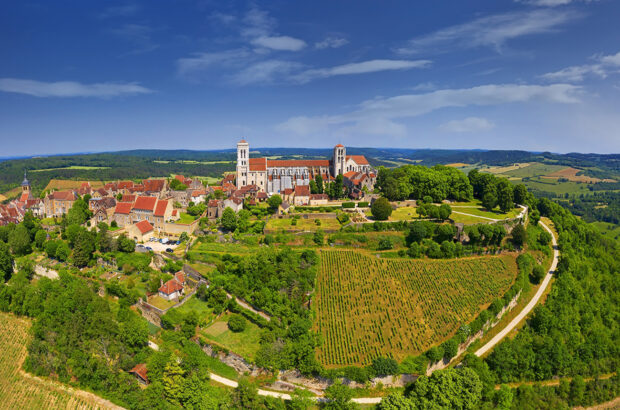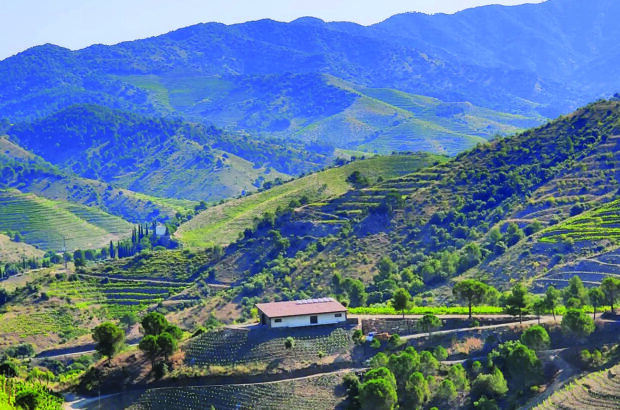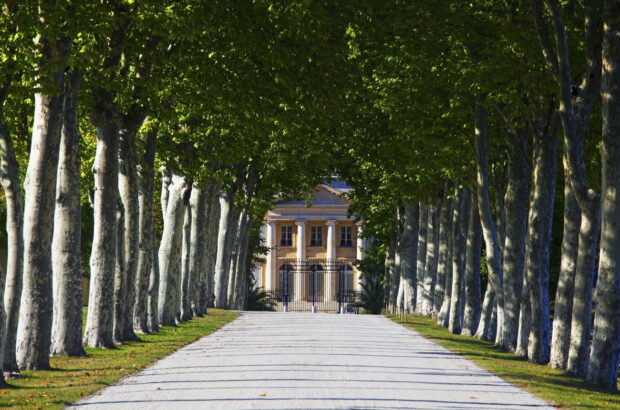In 1988 the Domaine Barons de Rothschild decided to invest in the Los Vascos winery in Chile, the country was still an incipient wine producer that had barely begun to show its potential in international markets.
‘At the time, most vineyards were in difficulty and, in my opinion, very underpriced. I felt that there was an opportunity, considering the climate and the land, to make very good medium-price wines but also now, after some years of experience and the planting of higher ground, very high-quality reds’ recalls Baron Eric de Rothschild, who today heads the group which is best known for Château Lafite Rothschild in Pauillac.
This incursion was the first investment of a French group in Chile and it lent strong support to the Chilean wine scene. After 30 years, Los Vascos is one of the most important wineries in Chile and its top red, Le Dix, is one of the most highly-regarded labels in the country. It was produced for the first time in 1996 and was presented two years later, coinciding with the first decade of the French group in Chile, hence the name Le Dix, or ‘the ten’.
Fine-tuning the blend
Since that first example, the backbone of Le Dix has been a Cabernet Sauvignon selection from the El Fraile vineyard. Planted in 1946, the 80ha of vines here are the oldest on the property. The Cabernet ripens well under the intense sun, but is cooled by gentle breezes coming in from the Pacific Ocean, about 25 miles away.
The character of the Cabernet Sauvignon in Le Dix is strongly influenced by the Pacific breezes, a detail that’s accentuated in cooler years like 1996, 2002 or 2010. It is in those vintages when the delicacy of the flavours, the firmness of the tannins and the consistent, juicy acidity take the spotlight.
Until 2004, Le Dix was 100% Cabernet Sauvignon, mainly from El Fraile. But as the Lafite team were exploring the possibilities of Peralillo in the heart of the Colchagua Valley – where all of Los Vascos’ 700ha of vines are located – Syrah and Carménère were slowly introduced to the blend in very small proportions of no more than 5%. Cabernet Franc was used for the first time in the 2016 vintage.
Le Dix is a classic Chilean Cabernet, full of fruit but at the same time with strong ageing potential. As this vertical tasting shows, it is one of the most important wines in the modern era of Chilean winemaking.
Top Le Dix de Los Vascos vintages to try:
Los Vascos factbox:
Founded 1982
Owners 57% Domaines Barons de Rothschild, 43% Claro Group from Chile
Location Peralillo, Colchagua Valley
Hectares under vine 700
Cases produced per year 600,000












